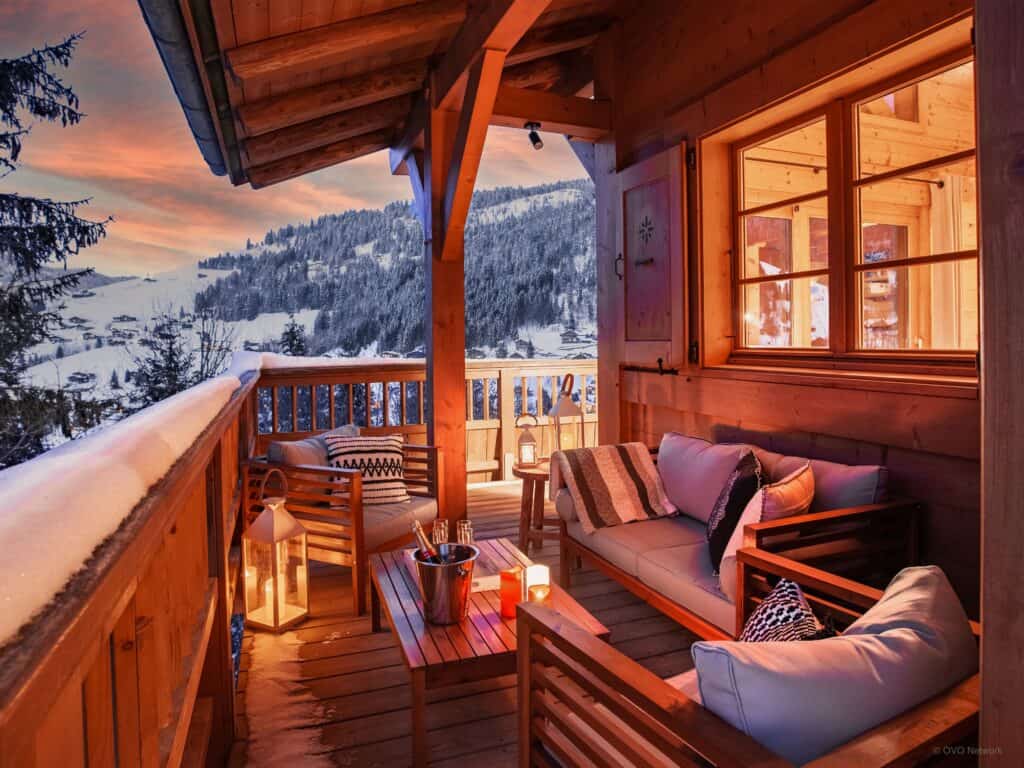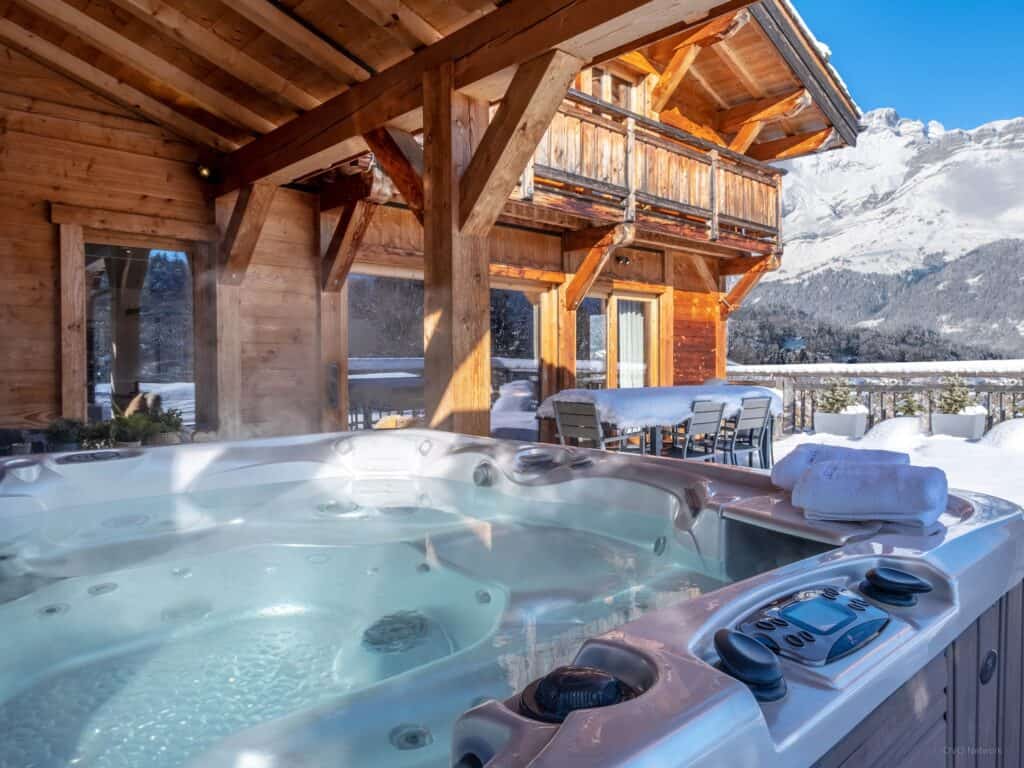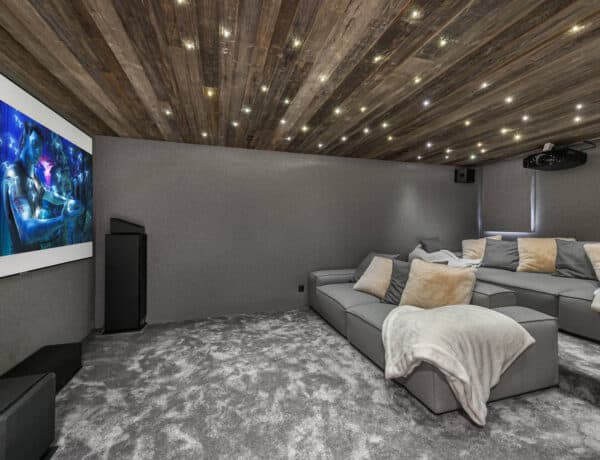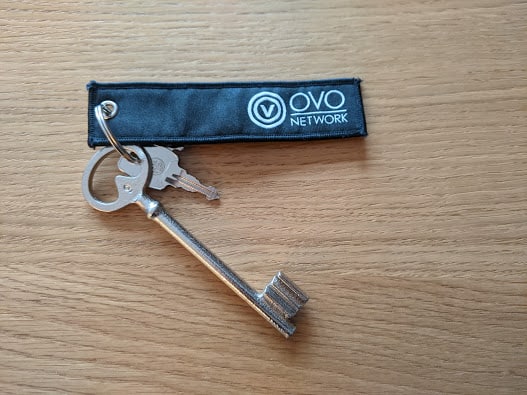“Should I accept guests who only want to stay in my chalet for two or three days?” If you are beginning to work on your holiday rental strategy, you have probably asked yourself this question.
Whatever your holiday rental goal, maximizing your income means:
- Finding the right rental rate according to your objectives, demand and competition;
- Maximizing your occupancy rate, ie, renting out your chalet for as long as possible at that fair price.
Some owners may think it seems totally counterproductive to accept short stays and that renting out their chalet for just a few days means less turnover and more time unoccupied.
However, our expert rental advisors argue the opposite. You should, in fact, definitely include short stays in your rental strategy. In this post, we explain why that’s the case, read on to find out more…
Terms which could be confusing
Before we start, as this is a crucial element of your pricing strategy, let’s take a moment to look at some of the terms used:

When it comes to paying tax on your rental property income, there’s a difference between long-term and short-term rentals.
Long-term rental refers to the classic rental of a property, often unfurnished, over a period of several months or even several years.
Short-term rental is the type of rental that you are familiar with and have chosen, more commonly known as seasonal rental. It is aimed at customers looking for temporary accommodation for a period of a few days to a few weeks.
When assessing the relevance of short stays – or short breaks – in your rental business, short stays (one or a few nights) count as less than one week.
In this case, striking the balance between these two elements is more a question of rental or pricing strategy.

The expert’s advice
We spoke to Jessica, Revenue Manager at OVO Network, and she told us:
To maximize the rental income generated by your chalet, you should never set a minimum length of stay. However, you will need to define a strategy that enables you to optimise the time of stay of holidaymakers, your rental charges, as well as your revenue.
Jessica, Revenue Manager – OVO Network
The main reasons for applying this rental strategy are:
1. Profitability
Selling two nights instead of seven is beneficial from a profitability point of view if you sell those nights at the same price as a weekly rental.
Your weekly turnover is therefore the same as it would have been if you had rented out your chalet for a week.
You can calculate your profitability more accurately by estimating any increase in your rental expenses:
- You will spend less on energy (water, gas, electricity);
- The wear and tear on your chalet per stay will be reduced. On one, two or three short-term rentals, this is negligible. In the long term, however, this will have a significant impact on your maintenance and renovation costs;
- You will have fewer turnover costs (concierge, housekeeping, rental management).
At OVO Network, we encourage all our owners to open their booking calendars for short stays. To be precise, we encourage the owners to accept the arrival of holidaymakers every day of the week (not only on Saturdays).
So in 2022, following this strategy, chalets accepting short stays recorded nearly 33% more bookings compared to properties accepting weekly stays only.
In 2023, this trend seems to be confirmed, at least for the low spring season: chalets with a calendar open to short stays are recording 66% more bookings than chalets which work on a strict Saturday-to-Saturday changeover.

2. Growing demand
There is certainly a demand for short stays in Alpine properties.
Holidaymakers’ expectations and habits are changing. Many now want peace and quiet, nature and the mountains, away from busy weekends and crowds. These potential guests know that this type of holiday is in short supply. They are therefore willing to pay a higher rental price, if an owner accepts these conditions.
Jessica, Revenue Manager – OVO Network
A different demand
The demographic profile of holidaymakers who are interested in short breaks is not the same as that of people who prefer weekly stays.
Very often, the target clientele for short breaks will put experience and opportunity ahead of the rental price.
For example, they may be:
- Couples looking for a romantic getaway in the mountains;
- Small groups looking for a “last minute” stay in a particular time slot;
- Travellers en route or undecided about where they want to stay: they have no choice but to stay in the area while waiting for their next flight or moving on to their destination;
- Business travellers looking for a remote working destination. This is a growing phenomenon known as “bleisure”, a contraction of business and leisure. These clients are likely to be less cost-conscious as their company often pays for the trip.

Cumulative positive effects
By catering to the particular needs of these transient guests, you not only generate more revenue, but also expand your customer base.
In addition, demand for this type of accommodation is often scarce. The chances are that these guests will come back to you directly for future stays in order to save time. In addition, they may recommend you or call on you again for more traditional stays later in the year.
Those who do not wish to pay the revised rate will not book. This will not be a loss for you. You will keep the week free and you will still be able to rent it at your usual rates.
3. A higher occupancy rate
This seasonal rental strategy works well, whatever your objectives.
If you rent your chalet for three days of the week, you do not have to leave your property vacant for the rest of that week. You can re-let the remaining nights at a higher rate, following the same logic.
This practice is legal, respects your occupancy target and allows you to double the revenue you had originally planned.
The operating costs will be slightly higher (cleaning twice, additional fees from your rental management company, etc), but this will be negligible compared to the gains made.

4. A strategy that works well in the mountains
Accepting short stays is a good strategy for any holiday property you wish to rent out.
However, if your property is located in a highly seasonal area, you will need to make some adjustments to your pricing schedule. You cannot offer the same rates in high and low seasons.
In the high season:
Follow the strategy outlined above. Rent for a short period if there is demand, increasing your rates. Rent several stays per week if possible.
In low season:
In this case, it is better to offer rates that are proportional to the length of the stay. After all, this is a time of low demand. It is better to attract potential tenants with competitive rates, even if it means earning less, than to leave your chalet unoccupied.

The advantages and disadvantages of this strategy
A clear marketing advantage
In addition to increasing your revenue and expanding your target audience, there is a significant benefit to advertising that you accept short breaks: increasing your visibility.
If you don’t set a minimum length of stay, you will appear in the search results, regardless of the filters applied by prospective guests. Sometimes the difference is very small. It would be a shame to miss out on a rental opportunity for a six-day stay because you are only visible for week-long stays.
Furthermore, OTAs (Online Travel Agencies) and other online booking platforms use algorithms to rank listings according to various criteria, including occupancy and conversion rates. The more bookings you have, even if they are short, the higher your occupancy rate will be and the more likely it is that your advert will be featured on the platform.

Disadvantages that are easily resolved
Identifying and controlling your costs
The main problem you may face if you offer short breaks is that of organisation. You will need to put systems in place, have good working relationships and a slight reorganisation of your accounts.
You’ll also need to review some of the costs:
- Your rental costs, including cleaning or general caretaker costs. With a little time and experience, you will be able to estimate these new costs accurately;
- Your tax liability: if you generate more income, you may need to plan for an increase in your taxes;
- Your projected maintenance or renovation budget: with a higher turnover throughout the year, you may be faced with some unforeseen events and a little more wear and tear.
Bearing in mind that your profitability will increase, these small changes in your usual accounting should not be too much of a problem.

Key partnerships
Finding companies to work with that meet your requirements will be the most difficult part of this operation. By increasing the number of short stays, you will increase the frequency of visits by your maintenance team, as well as the working hours of your rental agency. It is also possible that the guests will change over at odd times during the week and everyone will be able to accommodate that.
However, depending on the location of your property, this may not even be an issue. In areas where demand is high, rental agencies or concierge companies are aware of market trends. They have already taken the necessary steps to help you deal with these situations. If you can’t find anyone to do the job, there is always the option of doing the extra work yourself. This is, however, time-consuming and difficult to maintain in the long term.
Choosing the right rental platform
Not all rental platforms allow you to adjust your rates according to the length of stay. Most offer the possibility of booking a short stay, but with a fixed price per night, determined in advance. Your income for these stays will therefore be proportional to the number of nights booked and only to that.
OVO Network supports you in your entire rental strategy: defining rates, suggesting a schedule, identifying your objectives, maximising your income and much more. Plus, we allow you to adjust your schedule and strategy at any time. You’ll have clear plans, rates in line with your objectives and happy holidaymakers, all while maximising your rental income.

Agreeing to rent your chalet for short stays will always be beneficial. You just need to make sure you follow these rules:
- Rent on a pro-rata basis for one week in the low season;
- Rent at the price of a full week, regardless of the number of nights, in the high season.
The slight disadvantages of this seasonal rental strategy are only a matter of getting organised. They can be easily overcome. It’s just a matter of being patient and finding your feet.
The experts at OVO Network, a leader in chalet rental management in the French Alps since 2008, are at your disposal. They will help you to set up the best possible pricing strategy to maximise your rental income.
In the meantime, you can estimate the potential earnings of your chalet with our rental profitability calculator.
Did you enjoy this article? Continue to expand your knowledge of rental investment by reading the following articles:



